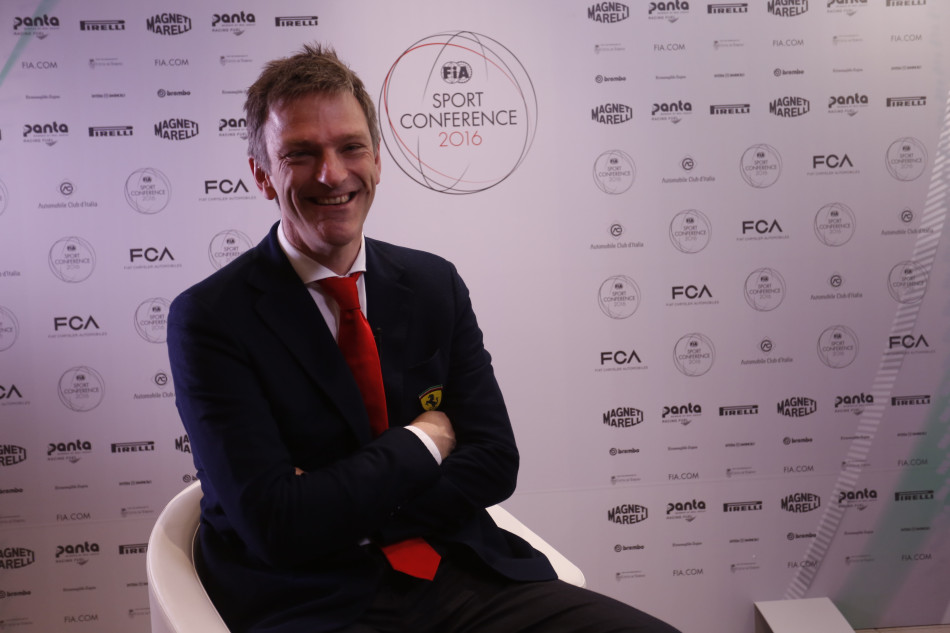James Allison: “Formula One is an intoxicating mix”

Q As the pinnacle of motor sport, how important is it that Formula One is seen to be the absolute cutting edge of automotive technology? ?
A That’s hard to say, because Formula One is an intoxicating mix of all sorts of things that I find very fun and that millions of other people enjoy as well. So I think it’s hard to pin down one thing and say that’s Formula One. But I can say, as a boy growing watching it, for me that was the key thing, and in survey after survey it appears that this is also, for everybody else, and important, so I’d say it’s very important.
Q As an engineer, can you talk a little bit about the challenge of working to a new set of regulations, such as the ones coming up for 2017?
A Every year is a fun challenge but a new set of regulations is particularly so. It’s a mixture of the enjoyable and the frightening in equal measure. It’s enjoyable because all the things you have been working on get put aside and you get to put aside and you try to think completely fresh about how to attack a problem and that’s always stimulating. It’s frightening because every Formula One team faces – you have the car you are racing and the car that you are birthing – and that challenge when the rules are very stable is more easy to handle, because much of what you are doing on the racing car now will also work next. When there is a fresh sheet of paper it’s very challenging to judge exactly how much of your resource you put on one project against the other.
Q The power units in F1 have been a huge talking points since their introduction in 2014. Can you explain how impressive they are technologically?
A They are exotic and remarkable beasts indeed. In F1 we talk about thermal efficiency, that’s the key metric for whether your power unit is good or not. Maybe it’s not a term that’s used very often in the high streets but our job is to get as much out of every calorie of fuel we put into the engine. We talk about 50% as the magic number for the current power units. That might not sound like a high number, but to put it in context, a decent road car is in the low 30s.
The only other things on the planet that approach the sort of thermal efficiency we are seeing with our Formula One power units are either very academic things in universities, which are nowhere near being usable as devices or they are enormous ships, diesels that go at about 90 rpm and that have one operating condition they work at day after day. They have crankshafts that weight 600 tonnes alone. But we can do it with a little flexible racing engine that a driver can use around a track and control exquisitely through corners and yet it can deliver this sort of fuel consumption that nothing else is capable of.
Q F1 speeds are going up and lap times are coming down dramatically and yet there seems to be some negativity around F1. How do you view that?
A Some people think that lap times aren’t so important, that the closeness of the racing is the only thing that matter. I think both matter. We would like every race to be a proper fist fight and it’s getting more and more that way. There is some very good racing happening in the field this year and it’s only going to improve. The historic best lap time were set a while back, but we’re starting to approach those now. I’m looking forward to next year, because next year we’re going to start smashing those records.

 Facebook
Facebook Twitter
Twitter






